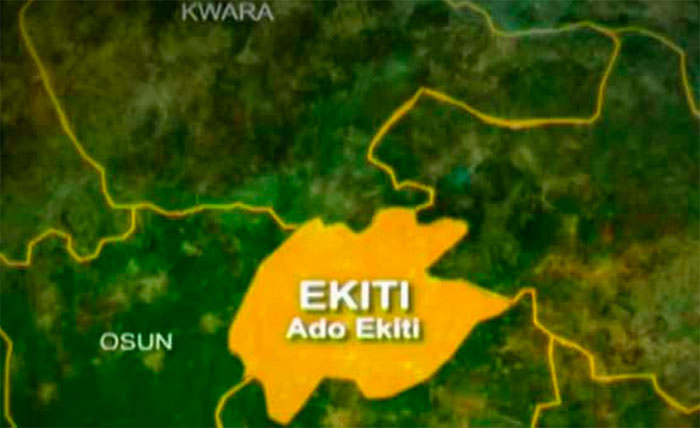The communities of Ipao-Ekiti, Oke-Àkò Ekiti, Ijowa-Ekiti, and Irele-Ekiti have unequivocally rejected their proposed inclusion in the ongoing agitation for the creation of Okun State. This firm stance was articulated in a statement released following a community meeting convened in Ipao-Ekiti, sparked by a letter from the Okun Development Association regarding their potential incorporation into the proposed new state. The communities emphasized their historical, cultural, and administrative ties to Ekiti State, asserting that they have always been an integral part of the region, from the old Western Region and former Ondo State to the present-day Ekiti State. They underscored their lack of historical connection to the old Kabba Province or the Northern Protectorate, further solidifying their resolve to remain within Ekiti State.
The communities’ decision reflects not only their deep-rooted connection to Ekiti State but also their satisfaction with their current status within the state. They acknowledged the constitutional right of Okun State proponents to pursue their objective but firmly rejected any attempts to include their communities in the proposed new state. Furthermore, they emphasized that any individual purporting to represent their interests in discussions regarding Okun State was doing so without authorization, and any commitments made in this context were solely personal and did not reflect the collective will of the communities. This clarification aimed to prevent any misrepresentation of their position and ensure their collective voice was heard unequivocally.
The agitation for the creation of Okun State, alongside 30 other proposed states, has ignited a national discourse, with diverse reactions from prominent individuals and groups across Nigeria. The proposal, put forth by the House of Representatives Constitution Review Committee, seeks to reshape the nation’s political and administrative landscape by adding to the existing 36 states. This ambitious undertaking has sparked debate on the merits and demerits of state creation, considering the complex political, economic, and social implications involved. While some argue that new states could foster development and address issues of marginalization, others express concerns about the financial viability and potential for exacerbating existing tensions.
The communities’ rejection of inclusion in Okun State highlights the complexities inherent in state creation processes. It underscores the importance of considering local sentiments and historical context when redrawing political boundaries. The communities’ assertion of their right to self-determination and their desire to maintain their existing political affiliation demonstrates the significance of local voices in national-level decisions. Their resolute stance serves as a reminder that state creation should not be a top-down process but rather one that involves genuine consultation and respect for the wishes of the affected communities.
The proposed creation of Okun State, and the broader move to add 31 new states, has far-reaching implications for Nigeria’s future. It necessitates a comprehensive assessment of the potential benefits and drawbacks, taking into account factors such as resource allocation, administrative capacity, and the potential for both increased representation and heightened political fragmentation. The debate surrounding state creation raises fundamental questions about governance, identity, and the delicate balance between centralized and decentralized power. It requires careful consideration of the long-term consequences and a commitment to ensuring that any changes serve the best interests of all Nigerians.
The resolute stance of Ipao-Ekiti, Oke-Àkò Ekiti, Ijowa-Ekiti, and Irele-Ekiti serves as a microcosm of the broader national conversation surrounding state creation. Their decision highlights the importance of local agency, historical context, and the need for inclusive dialogue in shaping Nigeria’s political future. It underscores the principle that political boundaries should not be drawn arbitrarily but should reflect the will and aspirations of the communities they encompass. Their rejection of inclusion in Okun State serves as a powerful reminder of the importance of local self-determination in the ongoing national discourse on state creation.


